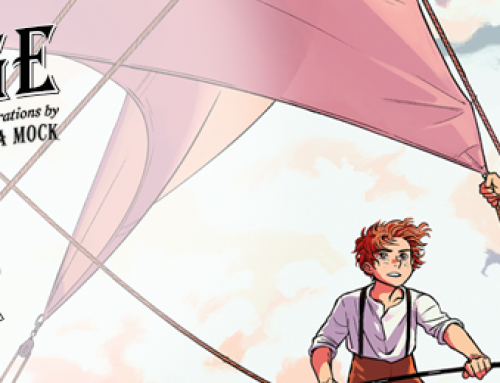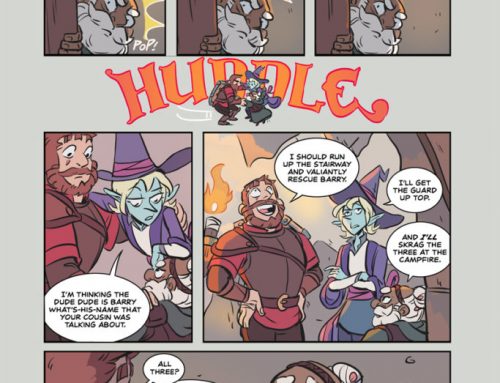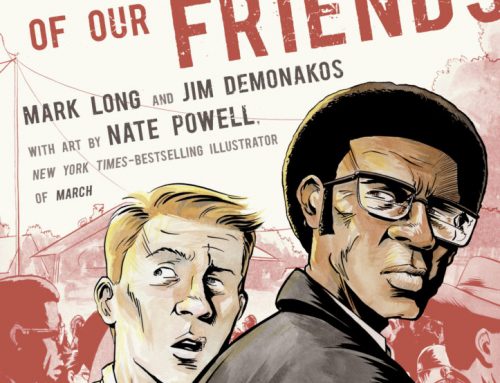test heading
The words below were originally intended to be an Amazon.com review. But
even I had to concede that it might be a little disingenuous for
an editor to post a review as though she were a random reader and not
someone who spent much of 2008 reading, editing, and falling in love
with the book in question. Luckily, First Second provides me with an alternative soap box.
*
The Photographer is, first, a scrupulously honest work. This is largely thanks to its forthright narrator, Didier Lefevre, and the clear-eyed writing and illustration of Emmanuel Guibert (Alan’s War and The Professor’s Daughter).
Embarking on a humanitarian mission into Afghanistan with Doctors Without Borders, Lefevre is keenly aware of—and readily admits—how ill-prepared he is. But he still willingly climbs into the back of a truck in the dead of night to be smuggled across the border from Pakistan to Afghanistan with a small team of doctors and nurses. With his camera always at hand, Lefevre painstakingly documents nearly every event of what will prove to be a harrowing journey. Frank and relatively unprejudiced, Lefevre proves the ideal narrator for this story, bringing the reader along with him to learn a little more about the people and history of Afghanistan, and about the doctors and nurses of MSF (Doctors Without Borders).
The book creates a startlingly intimate experience, as characters are introduced both through drawings and photographs. The easy intimacy and emotional connection that the comics sequences create is complicated by the startling realization—through the photographs—that these “characters” are real people. That this really happened.
It is impossible not to cheer the team on as they hike over the mountainous, lunar landscape of Afghan passes to reach a remote field hospital where they treat the war wounded. It is impossible not to weep as the doctors struggle, and sometimes fail, to save children torn apart by both war and poverty. And it is impossible not to rail against Didier as he makes an obvious, terrible mistake that proves nearly to be the end of him.
It is this mistake—and the repercussions of it—that occupy the last third of the book. And this is one of the places where The Photographer really shines as a non-fiction document. The romantic tale of the brave, stalwart doctors risking life and limb to do good is completely derailed as we watch the foolish, obstinate Didier (our hero!) do his best to get himself killed in his efforts to get away from this grand, romantic adventure and back into civilization. This turn of events is a shocking awakening, and a necessary one, for any reader who has allowed herself to be drawn into the epic sweep of this tale of exploration and selfless humanitarianism.
Because The Photographer isn’t a novel. It isn’t fiction. Didier and the doctors of MSF are real people, fallible and petty, and all the more heroic for their faults.





This post is awesome,ecpecting the newest!!!LIKE IT LIKE IT LIKE IT!!!